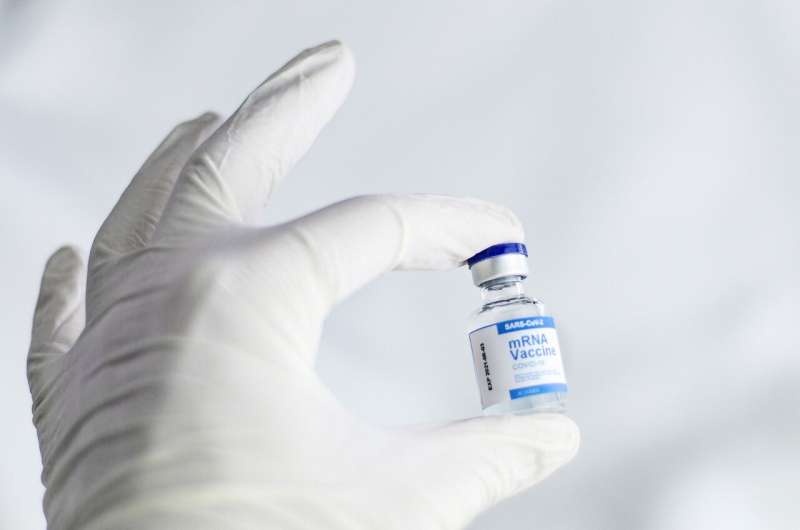
In the three months since Johnson & Johnson’s COVID-19 vaccine received emergency use authorization from the U.S. Food and Drug Administration, more than 10 million Americans have received the vaccine, according to the Centers for Disease Control and Prevention. The single-shot viral vector vaccine—developed in collaboration with Beth Israel Deaconess Medical Center (BIDMC) immunologist Dan Barouch, MD, Ph.D.—was authorized for use based on clinical trial data showing strong clinical efficacy against symptomatic COVID-19 in the United States, Latin America and South Africa.
In a new study published in Nature, Barouch, Director of BIDMC’s Center for Virology and Vaccine Research, and colleagues report on the antibody and cellular immune responses generated by the Ad26.COV2.S vaccine against the original viral strain and against SARS-CoV-2 variants of concern. The team found that this vaccine induced immune responses against all the viral variants.
“The concern is whether SARS-CoV-2 variants may reduce the efficacy of current vaccines that were designed to protect against the original SARS-CoV-2 strain at the beginning of the pandemic,” said Barouch, senior author of the study and also Professor of Medicine at Harvard Medical School. “These findings therefore have important implications for vaccine protection against SARS-CoV-2 variants of concern.”
To explore the immunogenicity of Ad26.COV2.S, Barouch and colleagues at BIDMC administered one or two doses of Johnson & Johnson’s investigational vaccine to 20 volunteers between the ages of 18 and 55. All volunteers were participants of a larger multicenter, randomized, double-blind, placebo-controlled Phase 1/2a study to evaluate the vaccine at various doses and schedules. The researchers then used multiple methods to assess antibody and cellular immune responses against the original viral strain (WA1/2020) and against the viral variants first identified in South Africa (B.1.1351), the United Kingdom (B.1.1.7), Brazil (P.1) and California (CAL.20C).
Compared to antibody responses against WA1/2020, the data showed reductions in neutralizing antibodies against the B.1.1351 and P.1 strains. In contrast, non-neutralizing antibody responses and T cell responses were minimally impacted or not impacted by SARS-CoV-2 variants. Given the vaccine’s protective efficacy as demonstrated in Phase 3 clinical trials, non-neutralizing antibodies and/or T cell responses may contribute to protection against COVID-19.
The published Phase 3 efficacy data showed that the Ad26.COV2.S vaccine offered strong protection against symptomatic COVID-19 in South Africa and in Brazil where most sequenced COVID-19 cases were caused by variants. The findings contribute to our understanding of vaccine protection against SARS-CoV-2 variants of concern.
Source: Read Full Article